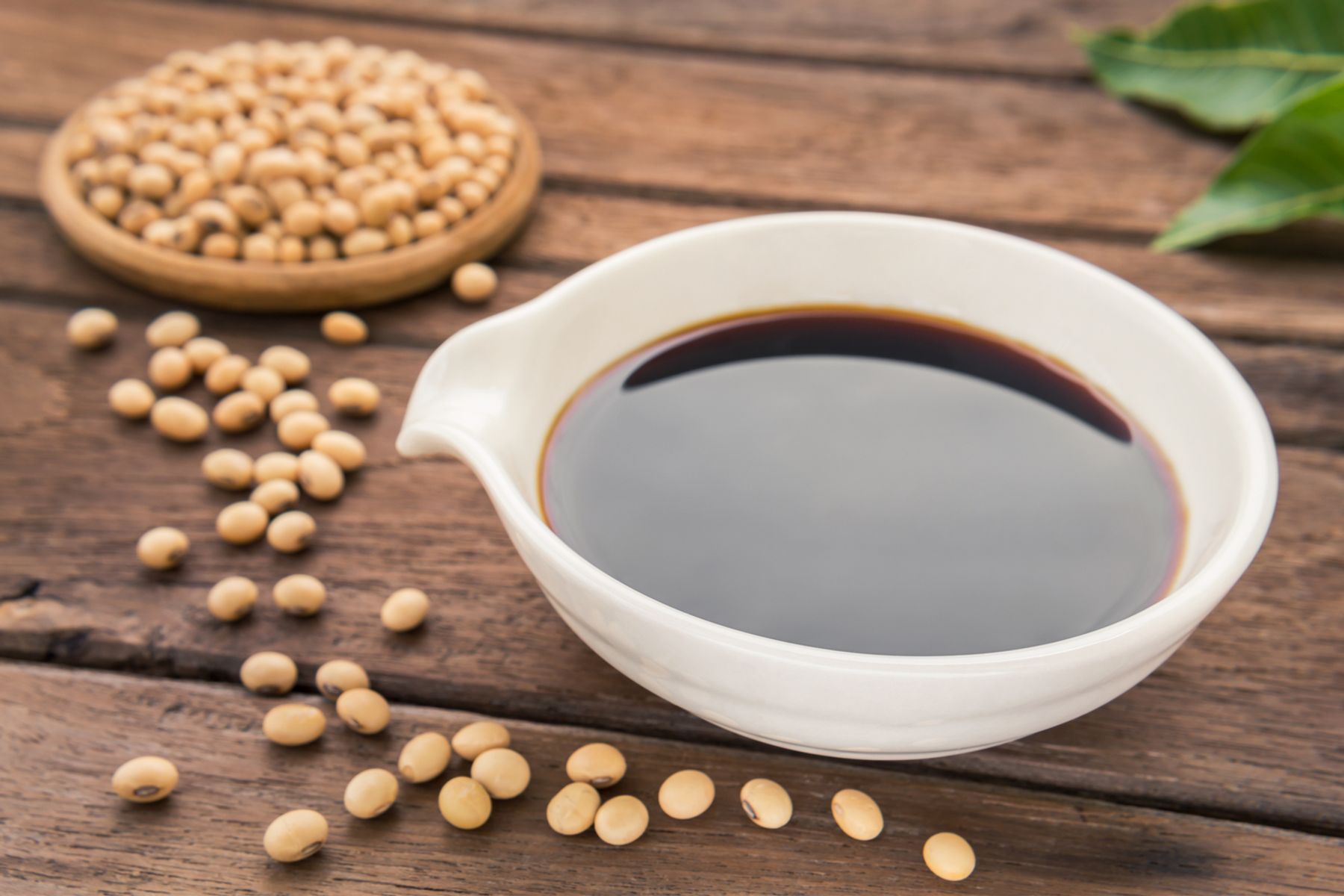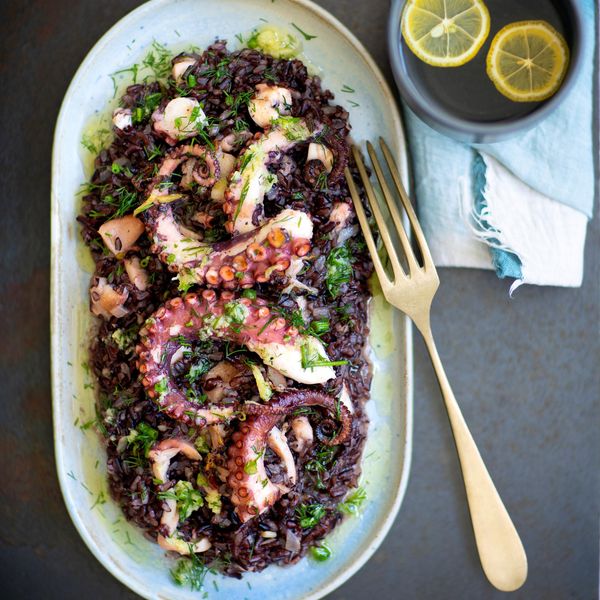
A comparison with Valentina Bolli, dietician, to learn more and understand how to behave in the purchase, as well as in the daily diet.
Soy sauce is one of the basic ingredients of Japanese and Asian cuisine .
In the land of the Rising Sun, its scent is felt everywhere, from the streets to the restaurants; it is the condiment par excellence for many dishes and lends itself very well to marinades , extremely common in the Japanese gastronomic tradition.
For some time it has also been used in Western cuisine, although there is no lack of criticism and perplexity, starting with the high quantity of salt which seems to represent one of its greatest limits.
We explored the subject with Valentina Bolli , dietician , to better understand its characteristics, how to choose it and use it in the kitchen.
Beware of the sweet, more caloric versions
[rebelmouse-image 25505715 alt = "120087" original_size = "913x1024" expand = 1] Soy sauce is the product of the natural fermentation of soybeans .
There are four basic ingredients: soybeans, wheat, salt and water.
In the Chinese variant, however, wheat is generally not used.
Bolli specifies: "100 milliliters of sauce contain 9/10 grams of protein, about 8 grams of complex carbohydrates and from 1.5 to 4 grams of simple sugars for a total of 100 calories. Instead, they double in the sweet versions. That's why, if you follow a low-calorie diet, you have to pay attention ".
Good content of flavonoids
Soy (and so is sauce) is rich in flavonoids, natural chemicals that have been researched for years, which are attributed with various beneficial properties, including anticancer, cardiovascular and anti-inflammatory effects .
They also help to counteract bad cholesterol .
“However, flavonoids can affect hormone production, so the advice is to avoid taking soy during pregnancy , especially in the presence of a male fetus, because they can interfere with the production of testosterone and consequently with the development of the baby. "
Too much salt? Just don't overdo it
[rebelmouse-image 25506233 alt = "138589" original_size = "2362x1574" expand = 1] Is it true that the soy sauce is too salty?
The dietician explains: "If you follow the guidelines dictated by the World Health Organization there are no contraindications for a healthy individual. The total consumption of salt in the whole day should not exceed 5 grams. Calculating that the sauce of soy contains about 17 grams of salt per 100 ml of product, you must not go beyond 20 ml per day (which correspond to 4-5 teaspoons).
But then it is also important to pay attention to the quantities of salt hidden in the other foods we consume, because otherwise we end up exceeding the daily limit ".
Green light to procedures such as marinades, which allow you to flavor dishes with a small amount of sauce and therefore also salt.
Choose the best one carefully
[rebelmouse-image 25508569 alt = "118455" original_size = "500x402" expand = 1] There are various types of soy sauce on the market with different characteristics.
Low-salt versions are available, but in this case, the dietician warns: "It is good to pay attention to excipients , such as alcohol, acidifiers and substances that can be harmful to health. Better to choose the organic versions , a little. more expensive but with an extra eye on the health and naturalness of the ingredients ".






